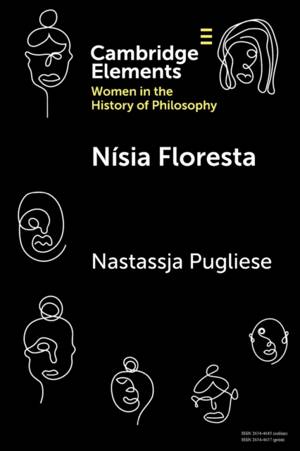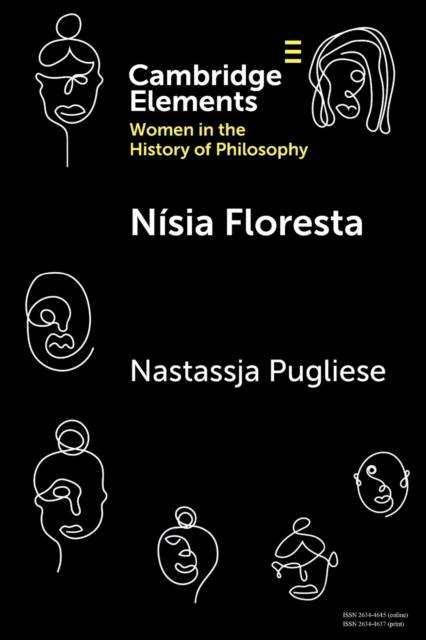
- Afhalen na 1 uur in een winkel met voorraad
- Gratis thuislevering in België vanaf € 30
- Ruim aanbod met 7 miljoen producten
- Afhalen na 1 uur in een winkel met voorraad
- Gratis thuislevering in België vanaf € 30
- Ruim aanbod met 7 miljoen producten
Zoeken
Omschrijving
This Element presents the philosophical contributions of Nísia Floresta, a feminist philosopher of education from the 19th century in early post-colonial Brazil, who defended abolition and indigenous rights. Focusing on five central works (Direitos, Lágrima, Opúsculo, Páginas, and Woman), it shows them connected by a critique of colonialism grounded on feminist principles. Influenced by the practical Cartesianism of Poulain de la Barre through the pamphlets of Sophia, Floresta applies to the social structures the feminist principle that reason has no gender, arguing that a nation's civilizational level depends on whether natural equality is expressed in terms of social rights. Describing the suffering experienced by women, indigenous people, and the black enslaved population, she defends education as a strategy against colonialism. As such, education should aim towards physical and intellectual emancipation, restoring the lost dignity of individuals. Floresta's works thus foreground slavery and colonization as events that shaped philosophical modernity.
Specificaties
Betrokkenen
- Auteur(s):
- Uitgeverij:
Inhoud
- Aantal bladzijden:
- 75
- Taal:
- Engels
- Reeks:
Eigenschappen
- Productcode (EAN):
- 9781009124133
- Verschijningsdatum:
- 20/07/2023
- Uitvoering:
- Paperback
- Formaat:
- Trade paperback (VS)
- Afmetingen:
- 152 mm x 229 mm
- Gewicht:
- 95 g

Alleen bij Standaard Boekhandel
+ 63 punten op je klantenkaart van Standaard Boekhandel
Beoordelingen
We publiceren alleen reviews die voldoen aan de voorwaarden voor reviews. Bekijk onze voorwaarden voor reviews.











